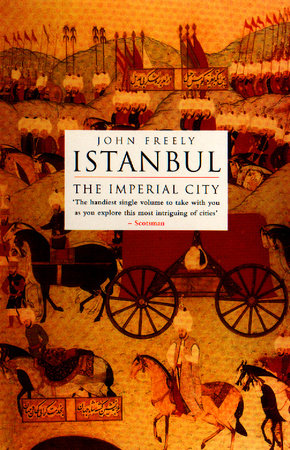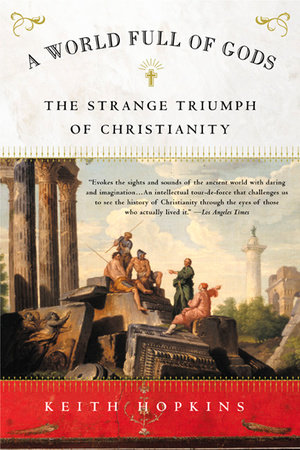

A World Full of Gods
By Keith Hopkins
By Keith Hopkins
Category: Religion | Ancient World History

-
$30.00
Jul 01, 2001 | ISBN 9780452282612
Buy the Paperback:
YOU MAY ALSO LIKE
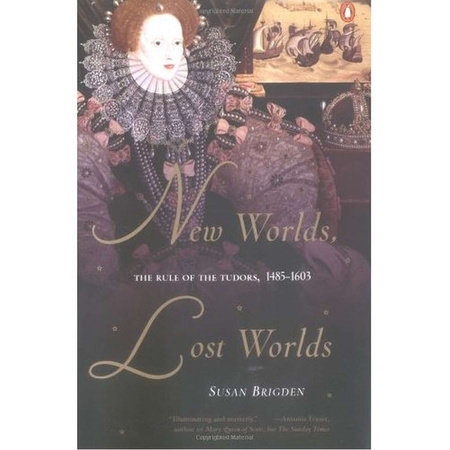
New Worlds, Lost Worlds
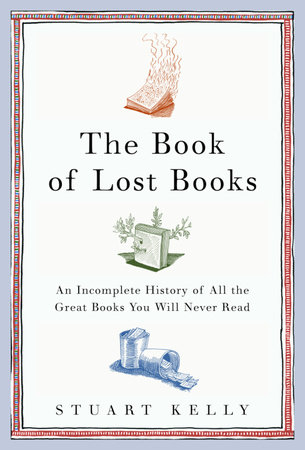
The Book of Lost Books

The Betrayal of the Blood Lily
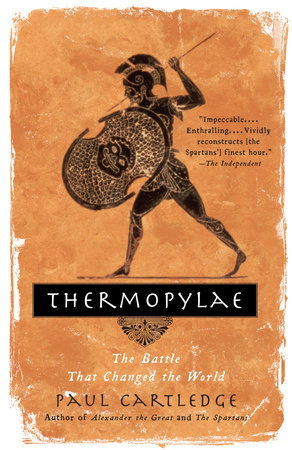
Thermopylae
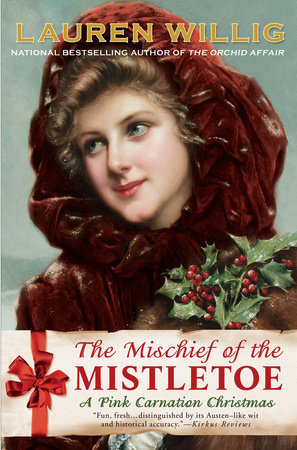
The Mischief of the Mistletoe
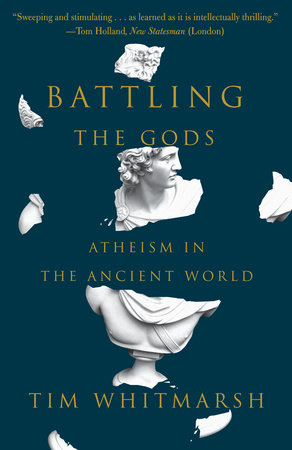
Battling the Gods

Three Tall Women
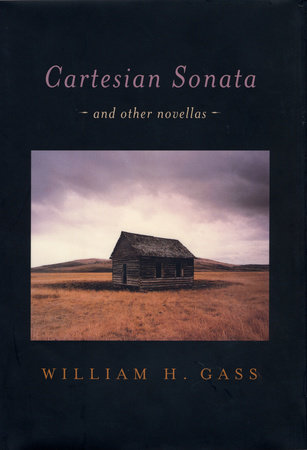
Cartesian Sonata
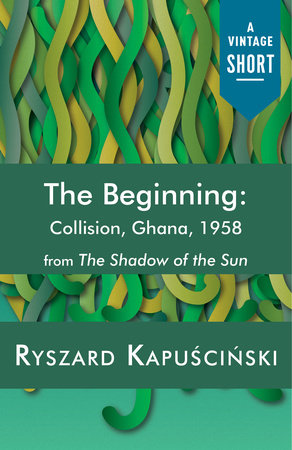
The Beginning
Praise
“Evokes the sights and sounds of the ancient world with daring and imagination… An intellectual tour-de-force that challenges us to see the history of Christianity through the eyes of those who actually lived it.”—Los Angeles Times
“A fascinating experiment, to be read carefully, critically, and thoughtfully.”—Library Journal
“Substantial information about the pagan context within which Christianity emerged, and Roman attitudes toward the new faith’s practitioners. Juxtaposing the campaign against the Manichaeanism associated with Zoroastrianism in Persia, and similar campaigns associated with Christianity in Rome, helps spur readers new to the subject, in particular, to critical reflection on the interrelations of politics and religion, especially those involved in the strange triumph of Hopkins’ title—the establishment of Christianity.”—Booklist
Table Of Contents
Illustrations
Introduction
One: A World Full of Gods
(Time travel in pagan Pompeii; the Roman context of Christianity)
Two: Jews and Christians, or, How the Dead Sea Scrolls Were Found and Lost
(Narrative and drama in three scenes about Jews, Christians, history, and us)
Three: The Christian Revolution
(Christian character and evolution: persecutors, martyrs, and bishops)
Four: Jesus and His Twin Brother
(Varieties of early Christianity; the apocryphal New Testament)
Five: Magic, Temple Tales, and Oppressive Power
(The time travelers continue: Egypt, Syria, and Ephesus)
Six: Pagans vs. Christians vs. Jews
(Competing stories in a semi-intellectual discussion of differences)
Seven: Recreating the Cosmos
(Creation in Jewish, Gnostic, and Manichean thought)
Eight: Jesus and the New Testament, or, The Construction of a Sacred Hero
(Jesus in the gospels and after)
Notes
Select Bibliography
Credits
Subject Index
Selective Index of Proper Names
21 Books You’ve Been Meaning to Read
Just for joining you’ll get personalized recommendations on your dashboard daily and features only for members.
Find Out More Join Now Sign In






